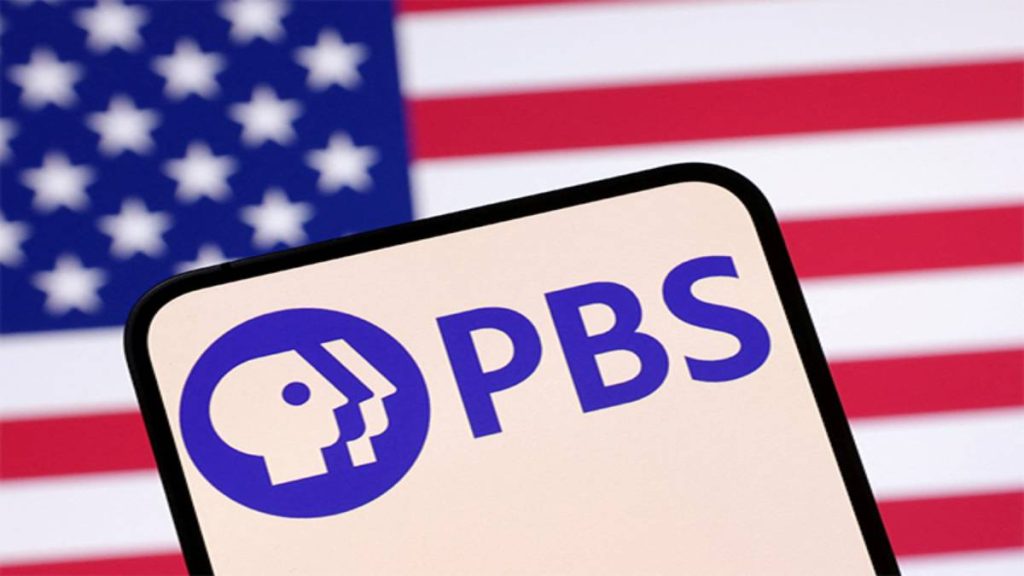In a historic and somber development, the Corporation for Public Broadcasting (CPB) announced on Friday that it will begin winding down operations, following the passage of a federal rescissions package and the release of the Senate Appropriations Committee’s FY 2026 Labor-HHS-Education bill, which excludes CPB from federal funding for the first time in over five decades.
Established in 1967 by Congress, the CPB is a private, nonprofit organization that has played a central role in supporting public media across the United States, distributing federal funds to more than 1,500 public radio and television stations and providing critical support to major institutions like PBS and NPR.
In an official statement, CPB President and CEO Patricia Harrison expressed deep disappointment: “Despite the extraordinary efforts of millions of Americans who called, wrote, and petitioned Congress to preserve federal funding for CPB, we now face the difficult reality of closing our operations.”
She added that CPB will continue to fulfill its fiduciary responsibilities and assist partner organizations through the transition with transparency and care.
According to the statement:
- Most staff positions will end by September 30, 2025, at the close of the fiscal year.
- A small transition team will remain through January 2026 to oversee compliance, final fund distributions, and long-term financial obligations such as music rights and royalty agreements essential to public media.
Harrison thanked CPB’s partners and stations, calling public media one of “the most trusted institutions in American life,” valued for its educational content, emergency alerts, cultural programming, and promotion of civil discourse.
The CPB Board of Directors is working closely with management to ensure all legal, financial, and operational aspects of the closure are addressed. Regular updates will be shared with stakeholders across the public media system.
The CPB has long served as the largest single source of federal funding for program development, research, and technology in public broadcasting. Its support has helped shape iconic shows like Sesame Street and extend educational resources to children who lack access to preschool, among other services.
This marks a significant shift in the landscape of public media in the U.S., raising concerns over the future sustainability of NPR, PBS, and local public stations that rely on CPB support to serve millions of Americans nationwide.
